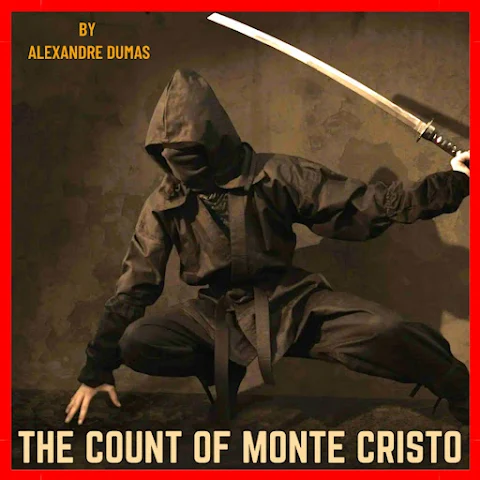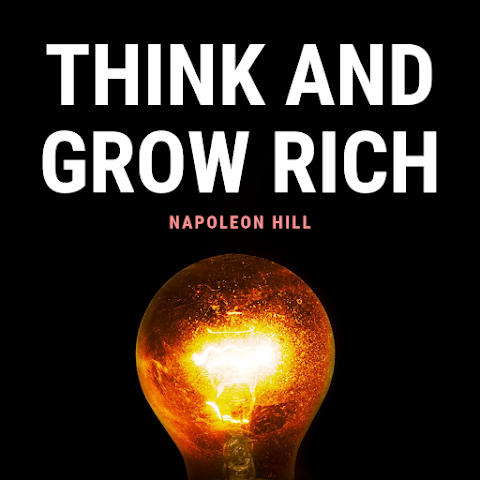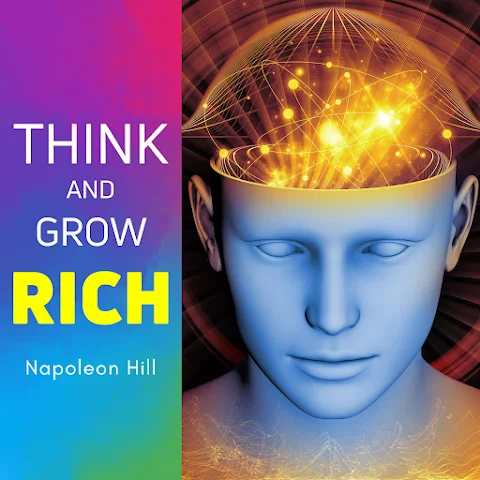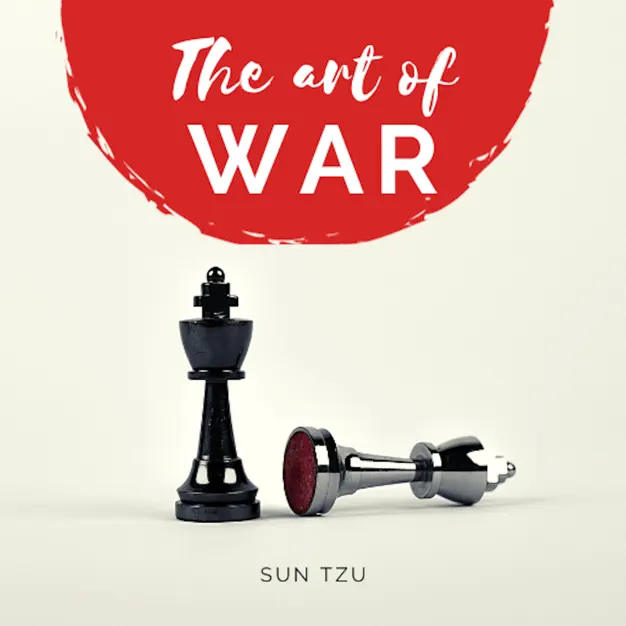Introduction: A Natural Path to Analytical Thinking
The Count of Monte Cristo stands out as an exceptional tool for developing critical thinking skills in first-time readers. Through its intricate plot, complex moral dilemmas, and multilayered character motivations, the novel naturally encourages readers to engage in analytical thinking while remaining thoroughly invested in the story. This combination of engaging narrative and intellectual challenge makes it the perfect first book for developing crucial analytical skills.
What makes this novel particularly effective for developing critical thinking is how it gradually introduces increasingly complex elements for analysis. Beginning with straightforward situations that require basic analytical skills, the story progressively presents more nuanced scenarios that demand deeper critical engagement, creating an ideal learning progression for new readers.
Listen on Spotify
Experience the intricate plot and complex character motivations of The Count of Monte Cristo through our professional audiobook narration. The skilled narration helps first-time readers focus on developing their critical thinking skills while maintaining complete engagement with the story.
Section 1: Plot Analysis Skills
Developing Analytical Reading
The novel's plot structure naturally develops analytical reading skills:
Analytical Elements
- Plot Development
- Cause-and-effect relationships
- Event interconnections
- Timeline analysis
- Narrative progression
- Story Analysis
- Plot prediction skills
- Consequence evaluation
- Pattern recognition
- Narrative structure understanding
Section 2: Character Analysis Development
Understanding Complex Motivations
The novel's character development encourages psychological analysis:
Character Elements
- Motivation Analysis
- Psychological understanding
- Behavioral patterns
- Decision analysis
- Character evolution
- Relationship Dynamics
- Interpersonal analysis
- Social dynamics
- Power relationships
- Alliance patterns
Section 3: Moral Analysis Skills
Evaluating Ethical Complexities
The novel develops skills for analyzing moral dilemmas:
Ethical Analysis
- Moral Evaluation
- Ethical decision-making
- Justice concepts
- Revenge analysis
- Moral consequences
- Value Assessment
- Personal values
- Social ethics
- Moral relativism
- Ethical frameworks
Section 4: Strategic Thinking Development
Understanding Complex Planning
The novel cultivates strategic analysis skills:
Strategic Elements
- Plan Analysis
- Strategy evaluation
- Long-term planning
- Resource management
- Contingency understanding
- Tactical Thinking
- Action-consequence relationships
- Risk assessment
- Opportunity recognition
- Timing analysis
Section 5: Contextual Analysis Skills
Understanding Broader Contexts
The novel develops skills for analyzing contextual elements:
Context Elements
- Historical Analysis
- Period understanding
- Social context
- Political awareness
- Cultural analysis
- Environmental Factors
- Setting influence
- Societal pressures
- Economic factors
- Cultural constraints
Conclusion: The Perfect Critical Thinking Teacher
The Count of Monte Cristo serves as an ideal tool for developing critical thinking skills through its natural progression of analytical challenges. By presenting increasingly complex elements for analysis while maintaining an engaging narrative, the novel creates an ideal learning environment for developing crucial analytical skills. This combination of intellectual development and storytelling makes it the perfect first book for readers beginning their journey into analytical reading.
For those starting their literary journey, the novel's analytical elements serve as both story components and educational tools. The natural progression of complexity demonstrates how literature can develop critical thinking while maintaining narrative engagement, helping readers build the analytical skills necessary for exploring other works. As readers navigate the carefully constructed challenges, they naturally develop the critical thinking abilities needed for their future literary adventures.
The Count of Monte Cristo thus serves as both an engaging first read and an invaluable critical thinking development tool, making it the perfect choice for beginning one's journey into literature. Its masterful balance of analytical challenges creates an ideal learning environment that prepares readers for exploring more complex works while ensuring their first experience with analytical reading is thoroughly enjoyable and rewarding.



